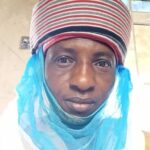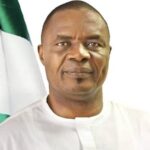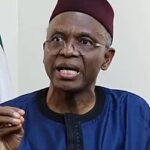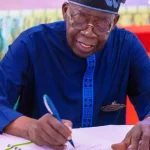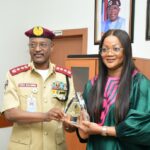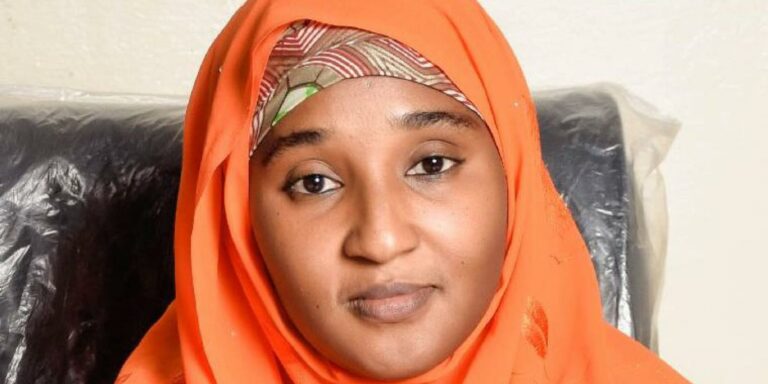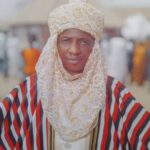The Minister of State for Education, Prof. Suwaiba Ahmad, has restated Federal Government’s commitment to tackling illiteracy and promoting inclusive learning, particularly in the digital era.
Ahmad said this on Monday in Abuja during a ministerial press briefing to mark the 2025 International Literacy Day.
The News Agency of Nigeria (NAN) reports that the theme of the 2025 celebration titled “Promoting Literacy in a Digital Era”.
The minister described literacy as the foundation of development and stressed that the Ministry, under the Renewed Hope Agenda of President Bola Tinubu, was taking bold steps to ensure that more Nigerians gain access to literacy opportunities.
“Today marks the 58th International Literacy Day, a day that reminds us of the power of words, the strength of knowledge, and the promise of opportunity.
“The Ministry is currently conducting a comprehensive mapping exercise to identify out-of-school children and non-literate adults across the country,” she said.
The data, she noted, would be used to enrol millions into literacy programmes that were relevant, inclusive, and empowering.
According to her, Nigeria is embracing the digital age by deploying mobile learning platforms, radio and television programmes, and adapting global models like Cuba’s “Yes, I Can” to local contexts.
These, she said, would ensure that learning reached people in cities, villages, Internally Displaced Persons (IDP) camps, and remote communities.
The minister reiterated Nigeria’s commitment to achieving Sustainable Development Goal (SDG) 4.6, which seeks to ensure that all youth and a substantial proportion of adults achieve literacy and numeracy by 2030.
“We are training facilitators, developing culturally relevant materials, and building community learning centres.
“But more than that, we are building hope, hope that every Nigerian, regardless of age or background, can learn, grow, and thrive,” she said.
She urged development partners, civil society organisations, traditional leaders, and the private sector to support government efforts, noting that literacy is a shared responsibility.
Also, Oladeji Adeyemi, Acting Head of Sector Education, UNESCO, described literacy as a fundamental human right and a catalyst for sustainable development, peace, and social inclusion.
Adeyemi lauded the Nigeria Education Sector Renewal Initiative (NESRI), which prioritised reducing the number of out-of-school children.
He pledged continued collaboration with Nigeria in areas of teacher training, skills development, and promoting media and information literacy, stressing the need for an inclusive and equitable education syste.
“Literacy is no longer just about the ability to read and write on paper; it is about empowering citizens to thrive in a world increasingly shaped by digital technology,” he said.
On his part, the Acting Executive Secretary, National Commission for Mass Literacy, Adult and Non-Formal Education (NMEC), Dr John Onimisi, said the commission had exceeded its enrolment target for youth and adult literacy in the Federal Capital Territory.
Onimisi said NMEC initially set a target of enrolling 3,876 youths and adults aged 15 and above into literacy and empowerment programmes in Abuja Municipal Area Council (AMAC).
However, he said the commission had already enrolled more than 27,000 learners from communities including Apo Mechanic Village, Karonmajigi, Lugbe, Dogongada, Apo Resettlement, Gwarinpa, Kubwa Village, Mararaba, Kurudu, and Gwagwalada.
“We set out with a modest goal and we have already surpassed it. But we are not stopping here,” he said.
The Acting Executive Secretary announced that NMEC would expand the initiative to 377 local government areas across the 36 states and the FCT, using its 17 community learning centres to reach thousands more.(NAN)


